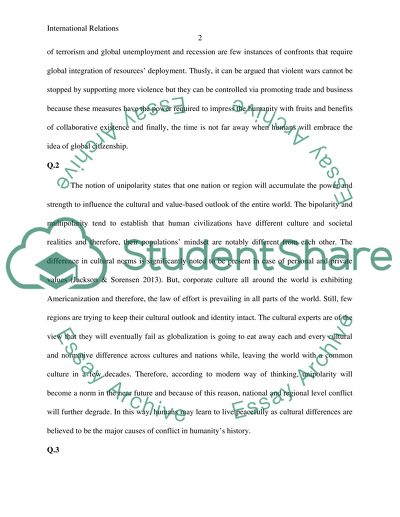Cite this document
(International Relations Fundamentals Assignment, n.d.)
International Relations Fundamentals Assignment. Retrieved from https://studentshare.org/politics/1492040-this-is-about-international-relations-theory-look
International Relations Fundamentals Assignment. Retrieved from https://studentshare.org/politics/1492040-this-is-about-international-relations-theory-look
(International Relations Fundamentals Assignment)
International Relations Fundamentals Assignment. https://studentshare.org/politics/1492040-this-is-about-international-relations-theory-look.
International Relations Fundamentals Assignment. https://studentshare.org/politics/1492040-this-is-about-international-relations-theory-look.
“International Relations Fundamentals Assignment”, n.d. https://studentshare.org/politics/1492040-this-is-about-international-relations-theory-look.


